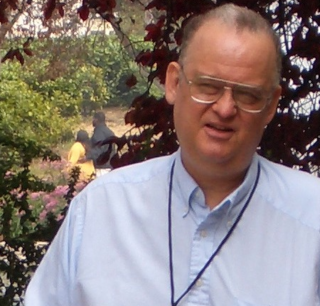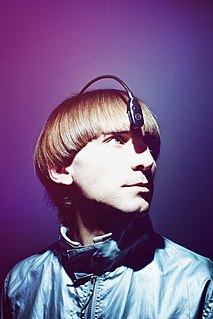A Quote by Donald A. Norman
As the technology matures, it becomes less and less relevant. The technology is taken for granted. Now, new customers enter the marketplace, customers who are not captivated by technology, but who instead want reliability, convenience, no fuss or bother, and low cost.
Related Quotes
Often, very talented technical people find it extraordinarily difficult to take the viewpoint of customers, who are often ignorant about the technology and who may have strong and perhaps incorrect prejudices about it. The technical people may believe, deep down, that they know better what customers "should" need. Customers, of course, have a different perspective. They want products that will solve customer problems and provide other customer benefits, and will do so without undue risk or cost. Not infrequently, customers view advanced technology itself as a risk.
I have no opposition at all to technology. I think technology is a wonderful thing that has to be used thoughtfully, and we can't just assume that every bit of new technology improvesthe quality of life; it's really in how the technology is used. What I am very disturbed about is this trend of everything happening faster and faster and faster and there being more and more general noise in the world, and less and less time for quiet reflection on who we are, and where we're going.
What the new fertilizer technology has accomplished for the farmer is clear: more crop can be produced on less acreage than before. Since the cost of fertilizer, relative to the resultant gain in crop sales, is lower than that of any other economic input, and since the Land Bank pays the farmer for acreage not in crops, the new technology pays him well. The cost-in environmental degradation-is borne by his neighbors in town who find their water polluted. The new technology is an economic success-but only because it is an ecological failure.
What’s next for technology and design? A lot less thinking about technology for technology’s sake, and a lot more thinking about design. Art humanizes technology and makes it understandable. Design is needed to make sense of information overload. It is why art and design will rise in importance during this century as we try to make sense of all the possibilities that digital technology now affords.
Certain product categories become less attractive for us because, as they become mature, they become low-cost, and hence, there is less to invent. There is less to invent in a television, whereas in heath technology, there is a lot to invent. So we wanted to put our innovative power to work where it really matters.
I am much less concerned with whatever it is technology may be doing to people that what people are choosing to do to one another through technology. Facebook's reduction of people to predictively modeled profiles and investment banking's convolution of the marketplace into an algorithmic battleground were not the choices of machines.



































